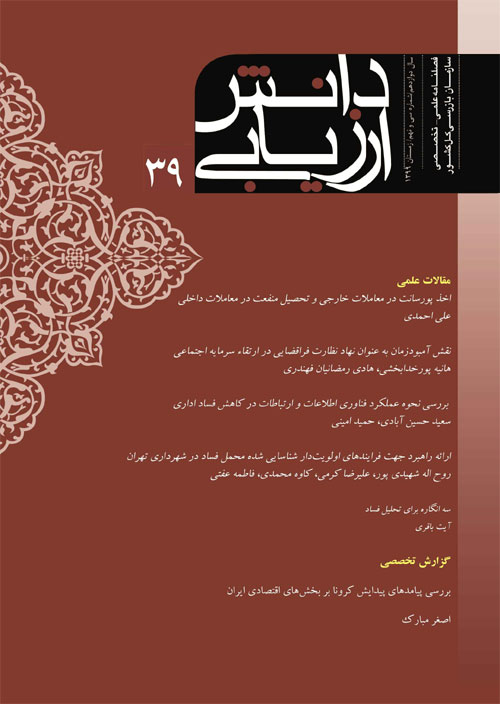Three paradigms for the analysis of corruption
In the last decades, a growing awareness emerged in the relevance of corruption as a hidden factor that may negatively affect political and economic decision-making processes. In spite of a lively scientific debate, there is no general consensus on a commonly accepted definition of what corruption is. This paper distinguishes three main paradigms, focusing on different (though not irreconcilable) variables. The first is the economic paradigm, which usually takes the principal-agent model of corruption as its founding pillar. In this paradigm, corruption is considered the outcome of rational individual choices, and its spread within a certain organization is influenced by the factors defining the structure of expected costs and rewards. A second approach – the cultural paradigm – looks at the differences in cultural traditions, social norms and interiorized values that shape individuals’ moral preferences and consideration of his social and institutional role. These are leading forces that can push a corrupt public or private agent (not) to violate legal norms. A third neo-institutional approach considers also mechanisms that allow the internal regulation of social interactions within corrupt networks, and their effects on individuals’ beliefs and preferences. Though the corrupt agreements cannot be enforced with legal sanctions, several informal, non-written rules, contractual provisos, and conventions may regulate the corrupt exchange between agent and corruptor.
- حق عضویت دریافتی صرف حمایت از نشریات عضو و نگهداری، تکمیل و توسعه مگیران میشود.
- پرداخت حق اشتراک و دانلود مقالات اجازه بازنشر آن در سایر رسانههای چاپی و دیجیتال را به کاربر نمیدهد.


